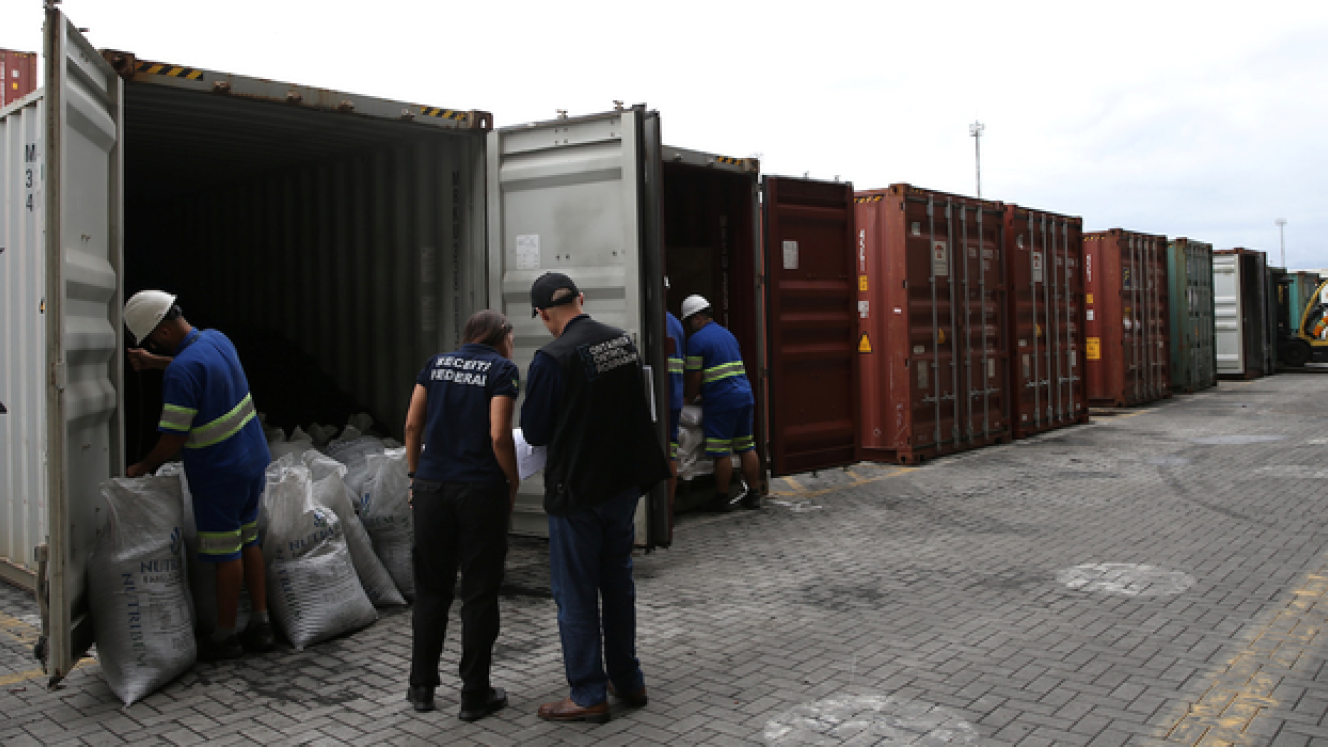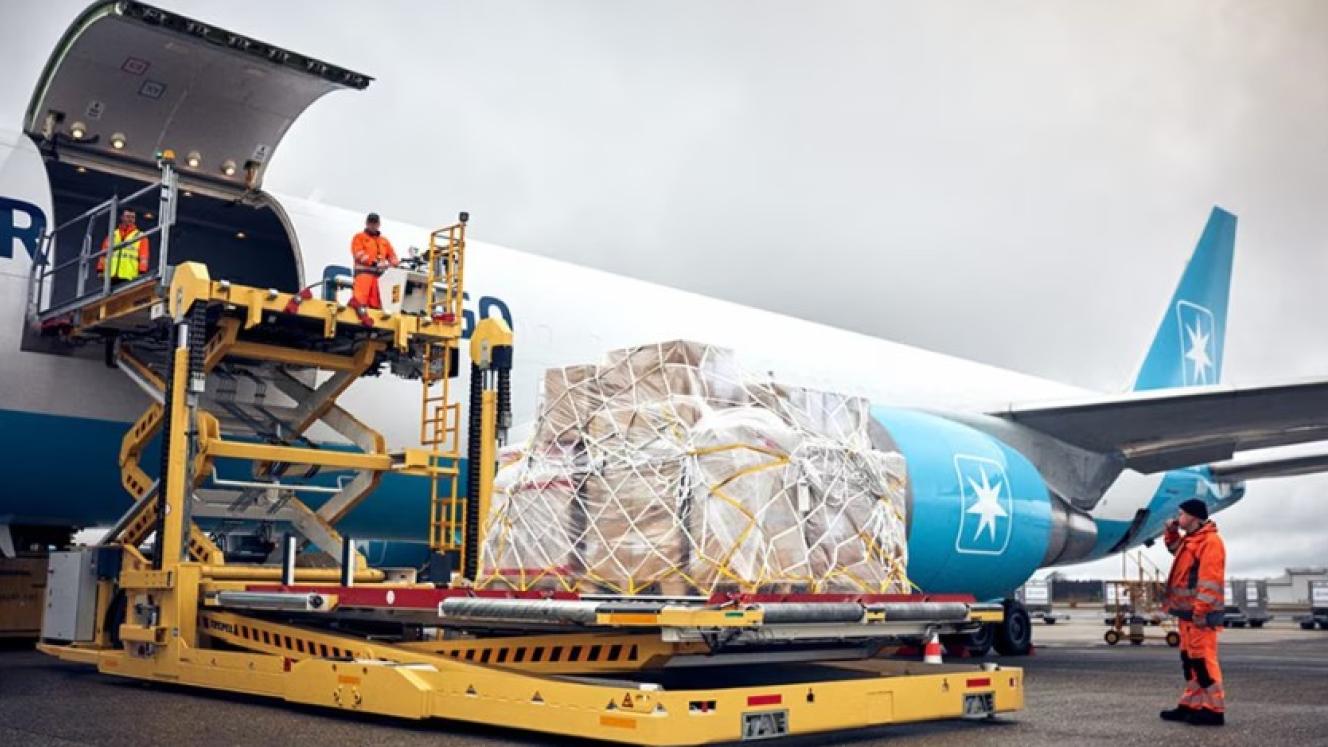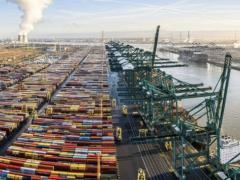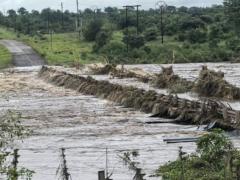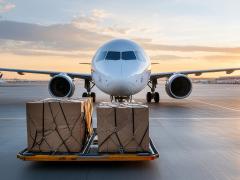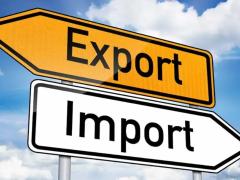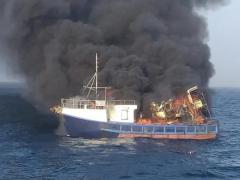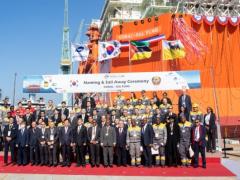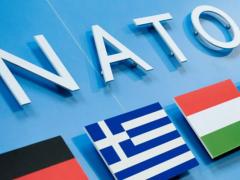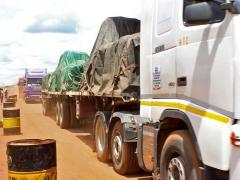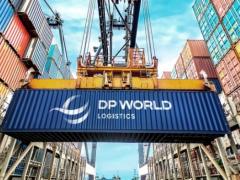Five top shipping lines have signed a pledge to work with the ports of Antwerp and Rotterdam and government officials to fight drug smuggling on their vessels.
MSC, Maersk, CMA CGM, Hapag-Lloyd, and Seatrade Group executives signed the declaration on behalf of their companies.
Maritime Executive reports that the declaration on the fight against cross-border organised drug crime seeks to set a global standard in the fight against organised crime by creating better cooperation between the shipping lines and the authorities.
“The record catches in the ports of Antwerp and Rotterdam show how gigantic the problem of drug smuggling is in both countries,” said Aukje de Vries, Dutch Secretary of State for Benefits and Customs, during the signing ceremony.
“That is why we stand shoulder-to-shoulder in tackling this subversive drug crime,” she said. De Vries was joined by the ministers for justice and security, infrastructure and water management, the Belgian Prime Minister, and other officials including the mayors of Rotterdam and Antwerp.
In signing the declaration the lines have pledged to accelerate the implementation of smart containers by researching smart container seals and other technologies, starting with high-risk cargo. Digital tools will be designed to track containers from loading to final destination, automatically registering all movements and efforts to open a container.
Apart from ramping up the protection of containers, the shipping lines also aim to limit access to data about the containers. This will be achieved through the use of digital rights and/or biometrics to securely release or digitally encrypt containers.
According to the pledge, the shipping lines will enforce strict human resource policies, including within recruiting processes and background checks. They will also cooperate with authorities to screen and identify individuals who may be linked to criminal organisations. In addition, they will increase their training to help staff better recognise suspicious behaviour or suspicious containers and improve data sharing with each other and the authorities. Signatories to the agreement committed to a jointly developed work plan as well as six-month reviews. They will also conduct a high-level meeting to review progress annually.
It was estimated in 2022 that 5% of the world’s cocaine production moved through the ports of Antwerp and Rotterdam. There have been numerous interventions capturing large quantities of narcotics, but the shipping industry remains vulnerable to these crimes.
